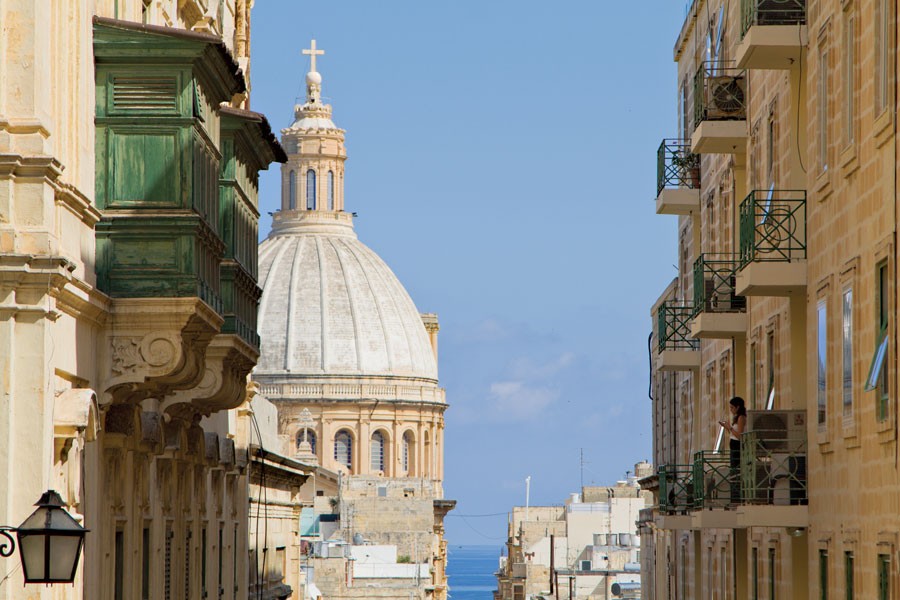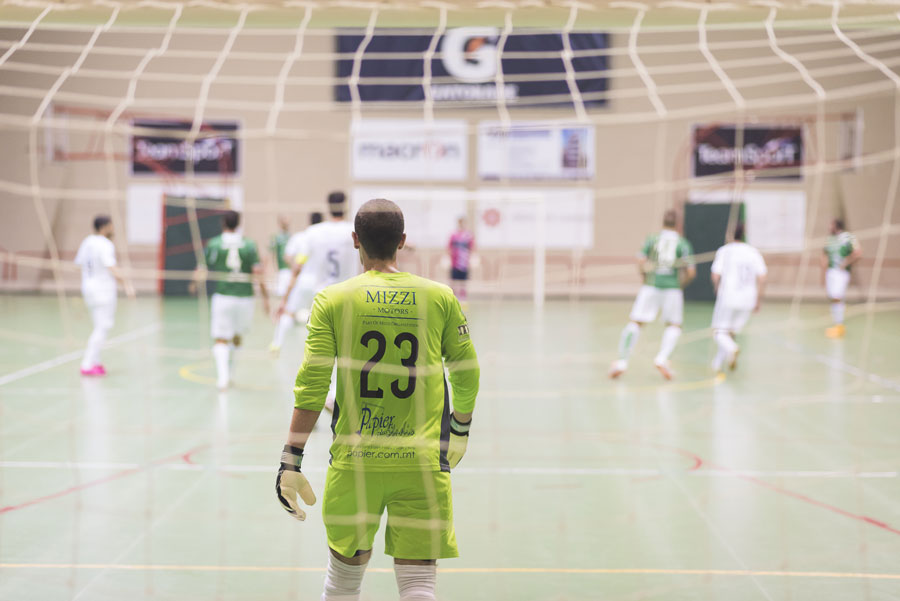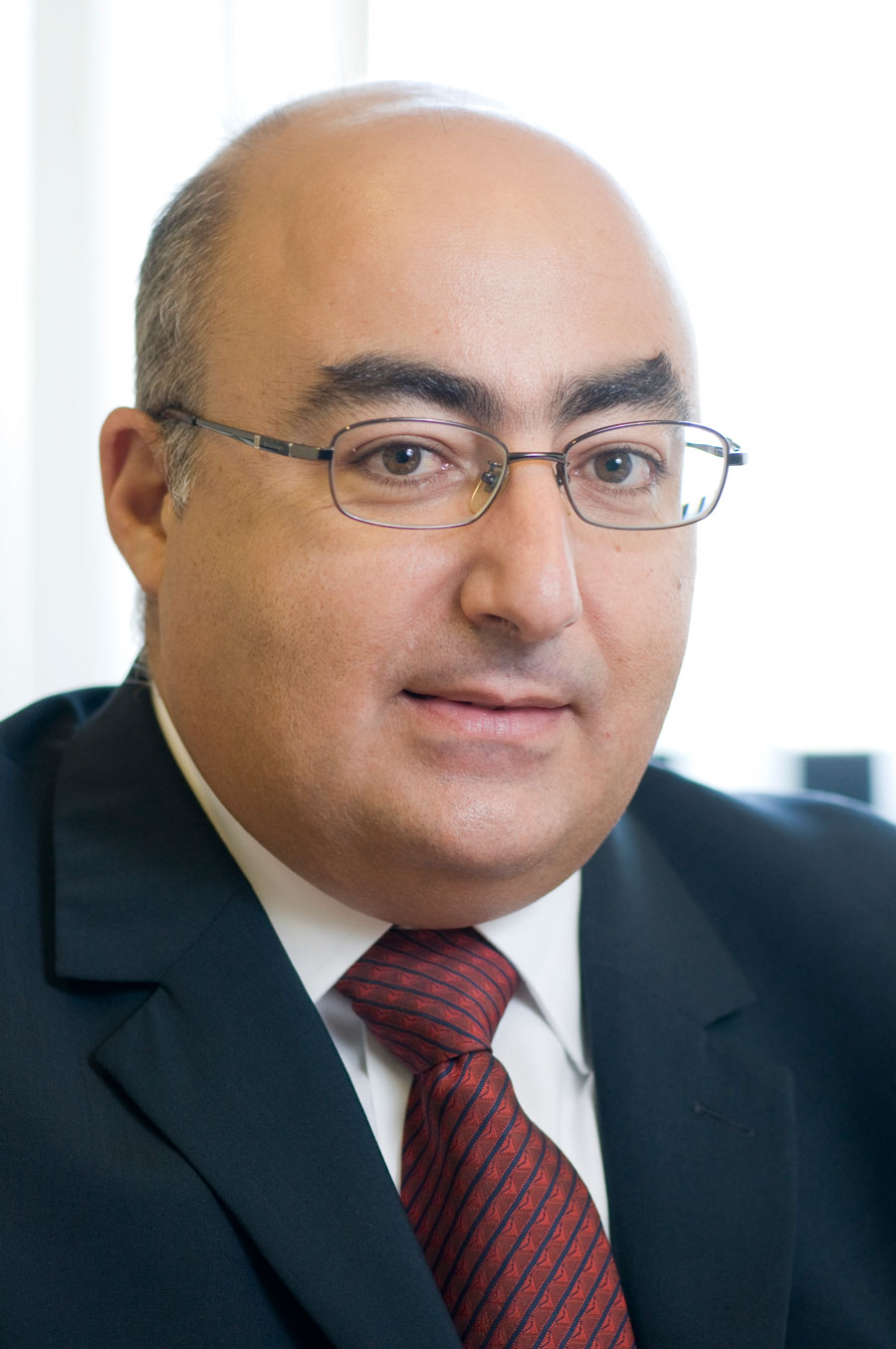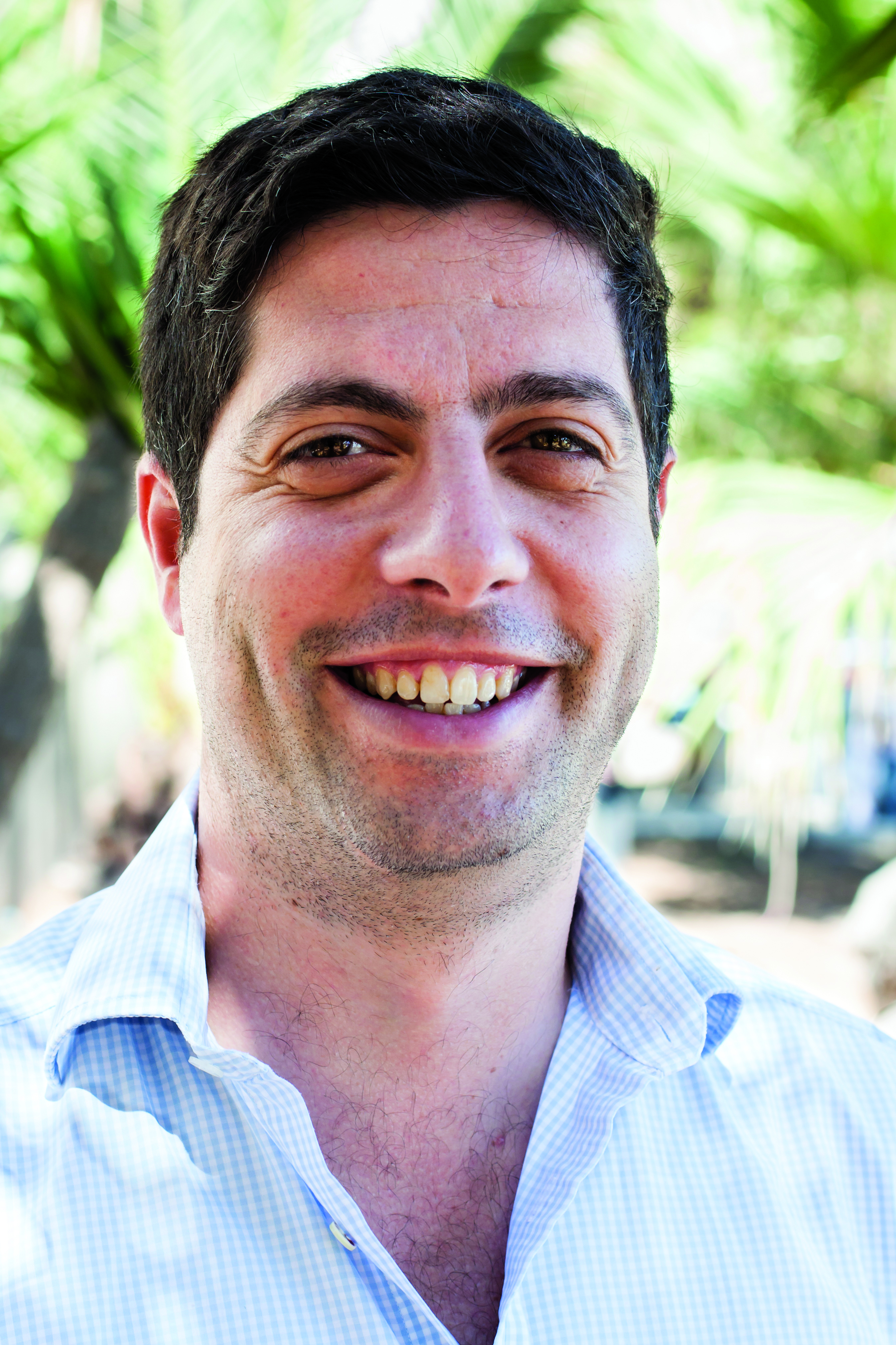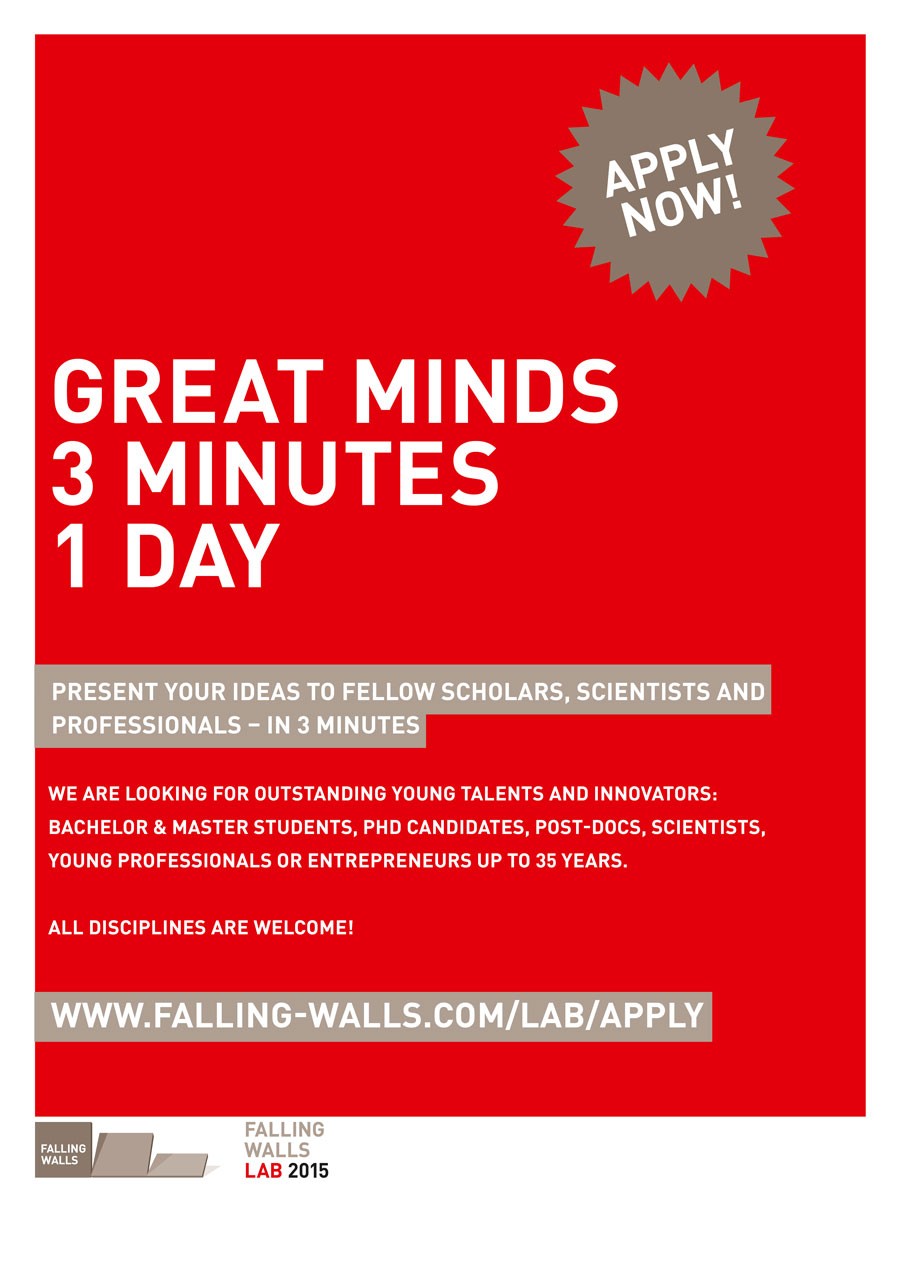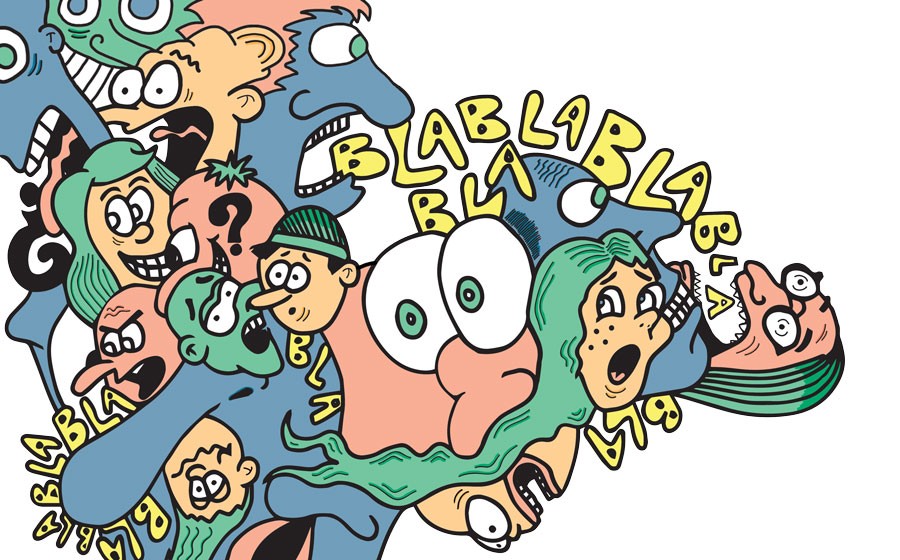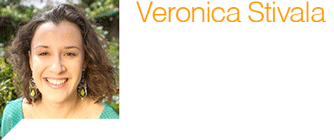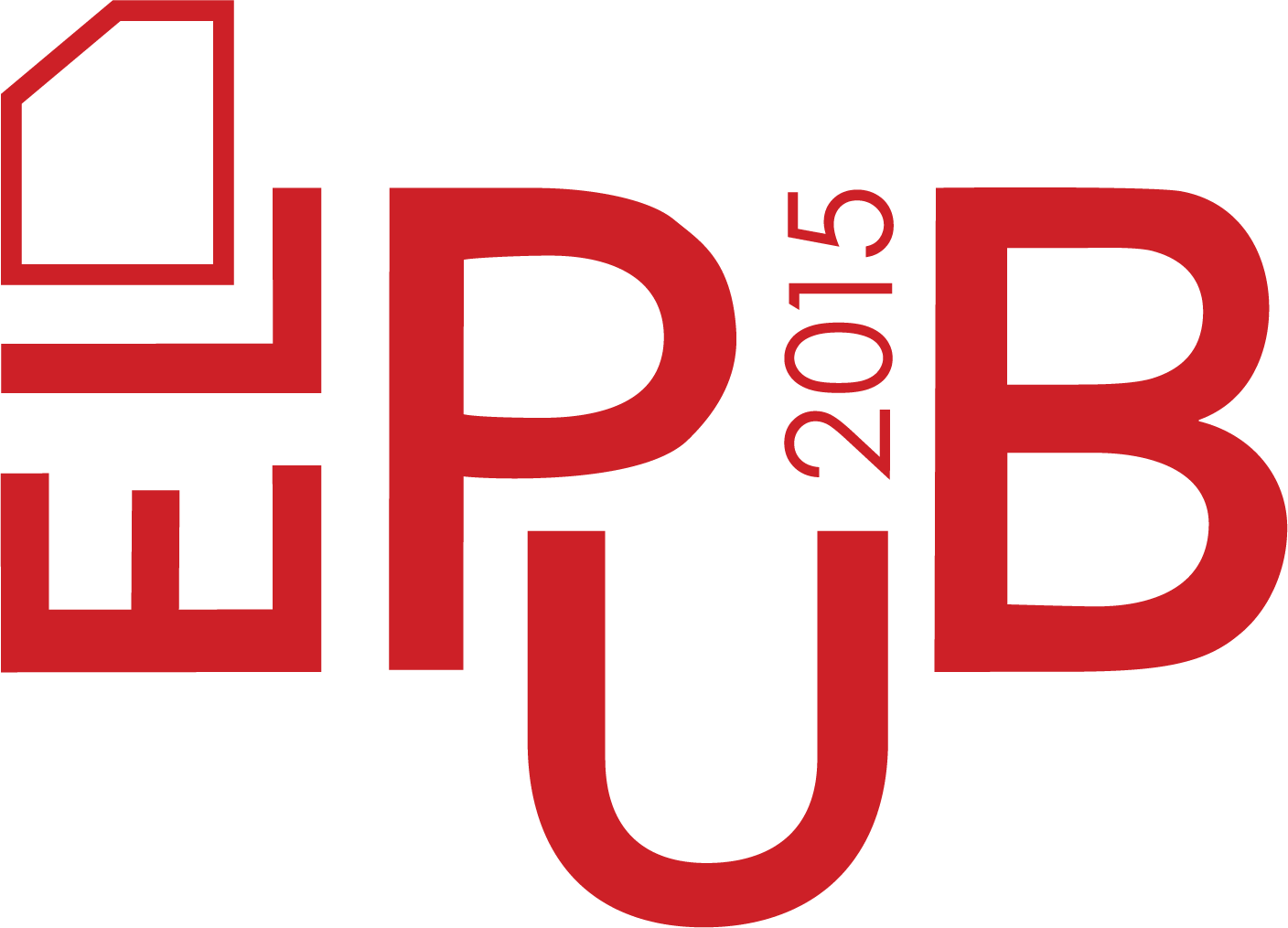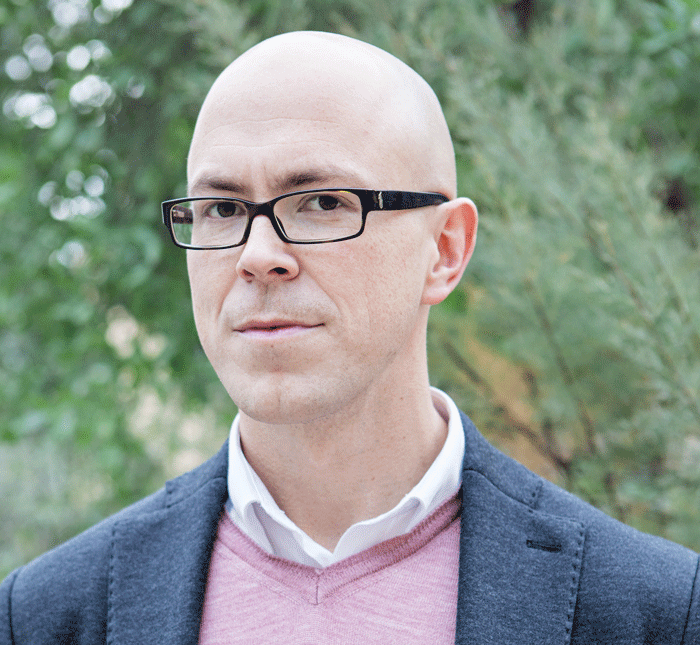The futsal challenge for ALS
This time last year, the Ice Bucket Challenge made ALS (Amyotrophic Lateral Sclerosis) one of the hottest topics across the world. Who had not watched videos of people dumping buckets of ice-cold water over their heads to raise funds for ALS? ALS is a neurodegenerative disease that causes the death of the body’s motor neurons, and which in turn causes mobility problems that can lead to death in the space of just three to four years. Words by Sarah Spiteri.
Should we eat less meat?
Our insatiable, carnivorous appetite persists in driving an increase in the global demand and production of meat. This continues to fuel controversy over the meat industries impact on the environment and its effects on our own health. To continue the discussion, S-Cubed, the Science Student Society has recently held a debate to discuss our meat eating habits. Words by Scott Wilcockson.
Climate Change challenging International Law
Last year when the US President Barack Obama used his State of the Union’s address to argue that the present generation should be concerned with the patrimony future generations will inherit, observers knew that he was instilling urgency into the climate change debate.
eLeadership—Are we getting it right?
Matthew Gatt, eSkills Malta Foundation
To secure adequate growth and quality jobs, Europe needs eLeaders; people who are capable of driving innovation to capitalise on ICT advances. To identify these opportunities requires good eLeadership skills. Such skills enable people to lead their team towards identifying business models and exploiting key opportunities. This makes the best use of ICT that delivers the objectives of organisations.
Gateway for Migrant Rescue in the Mediterranean
My 100 word idea to change Malta
By Prof. Kris Zarb Adami
Falling Walls: Young Talents on Stage
The Falling Walls Lab is an international forum, which aims at building and promoting interdisciplinary connections between young excellent academics, entrepreneurs and professionals from all fields.
Is there really an app for that?
 Gone are the days when learning a new language meant sitting in a classroom, reading books and practising with classmates. There are language learning apps, programs and games now. But can we really learn a new language just by using this technology? Veronica Stivala finds out. Illustrations by NO MAD.
Gone are the days when learning a new language meant sitting in a classroom, reading books and practising with classmates. There are language learning apps, programs and games now. But can we really learn a new language just by using this technology? Veronica Stivala finds out. Illustrations by NO MAD.
Should Information be Free?
Words by Dr Claude Bajada
Research is kept behind the closed doors of academic publishers. This creates a problem to access the information for scientific, social, and economic growth.
In a perfect world, results from this research would be accessible to everyone since most research is funded by governments and public institutions. It is not.
Research results are not read by the public for two reasons. First, articles are targeted to the expert reader and are very complex to understand. Public communicators are needed to interpret findings and convey them to the public. Second, the business model of academic publishers places a steep paywall to access articles.
A solution is open access. These articles can be read at no cost. But someone must foot the bill. This is one of the topics that was discussed at the 19th International Conference on Electronic Publishing (ElPub) held at St. James Cavalier in Valletta. It was organised by the University of Malta.
Publishing houses have already started to change their business model to ensure that a certain percentage of their articles are freely available to researchers and to the public. Wim van der Stelt (vice president, Springer) explained that open access publications are increasingly demanded by the academic community. Research that is funded by the public will be accessible to the public. He believes that ‘it is the future’ of publishing.
Countries like the United Kingdom lead the way in this area. In fact research councils in the UK require that publicly funded research is freely accessible to the general public.
Mark Poulton, a librarian at the University of Malta, tells Think that Malta is following suite. ‘The University Library is working on an institutional policy for open access.’ says Poulton. ‘With this in place, all work done at the University of Malta will be freely accessible to anyone who is interested.’ The library has already set up an institutional repository. It contains articles from Maltese academics that have been published with an open access licence. ‘They are freely available to everyone’ explains Poulton.
It is hard to imagine why this topic would be controversial. The answer is money. People are divided in opinion as to who should bear the brunt of having to pay for publication?
Authors are required to pay high premiums to publish their articles under an open access licence. This is not a problem if they come from a wealthy institution, but what if they do not? Some academics also express concerns that high premiums for open access may entice certain journals to publish articles based on payment rather than academic quality.
Van der Stelt says that, ‘while rogue journals do exist, due to the highly competitive nature of academic publications reputable publishers have no incentive to accept low quality work’.
Watch this space for an upcoming podcast discussing the controversies of open access…
Thanks to Prof. Milena Dobreva who organised the conference
UPDATE: There will be a debate about access to information at Science in the City Malta on 25 September, 7pm at Palazzo Ferreria. Join us and have your say!
Elective student stipends
My 100 word idea to change Malta
By Dr James Corby
The University of Malta is central to our knowledge economy, and yet it is chronically underfunded. The University performs well despite underfunding, so imagine the heights that could be scaled with more adequate support.
My idea? Scrap the scandalously outmoded stipends system. Instead, make student financial support entirely elective (students decide whether they want support); money is then given to students as an interest-free loan, which they only start to repay once they have graduated and are earning more than a minimum threshold salary. The money saved would be directed into research, postgraduate and postdoctoral initiatives, and infrastructure and technology.

